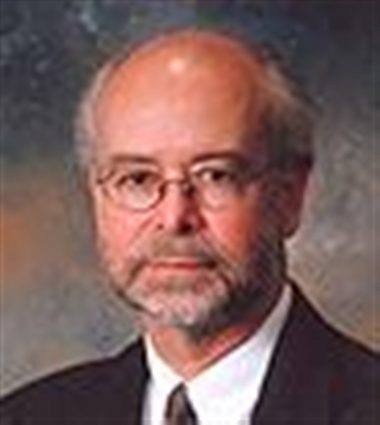North Carolina has accounted for approximately 10 percent of the death sentences handed out to American females in the current death penalty era (1973-present), and the state trails only California and Texas in the number of female offenders sentenced to death during that same time period. See details from the latest report by Elon University School of Law faculty member Victor Streib...

Since the death penalty resumed in the U.S. in 1973, a total of 162 females have been sentenced to death. North Carolina’s total of 16 death sentences of females ranks behind only California and Texas, each with 18. Among the 51 female offenders still under death sentence nationally, 4 are in North Carolina, while Texas has 9 and California has 15.
“North Carolina led the nation in sentencing women to death in the 1970s, but has fallen far back in the pack in the past 15 years,” Streib said. “The inconsistent pattern of these sentences seems to have nothing to do with fluctuations in the crime rate for women.”
North Carolina’s 1984 execution of Velma Barfield was the nation’s first in the current era; 10 others have been executed since then. Barfield was North Carolina’s third execution of a female since 1900. Rosana Lightner Phillips was executed in 1943, and Bessie May Williams was executed in 1944. Streib’s research has documented North Carolina executions of women as far back as 1720. Almost all were of African-American slaves and occurred prior to the Civil War. The youngest was 18-year-old Caroline Shipp, hanged in 1892.
Nationally, Streib says, “women account for 10 percent of the murder arrests but only 1 percent of the executions in the modern death penalty era. This extraordinary reluctance to execute women is not written into our death penalty laws but comes from the heightened value our judges and juries place on the lives of women.”
Streib is a prolific author with more than 300books, book chapters, article and papers. His work has beencited 28 times in United States Supreme Court opinions.
Streib has served as appellate counsel in several deathpenalty cases involving juveniles, including Thompson v.Oklahoma, the landmark 1988 case that established aConstitutional minimum age of 16 for the death penalty. Hehas testified before Congressional committees and as anexpert witness in death penalty trials nationally. Frequentlysought for media interviews, Streib has been quoted onviolent crime and the death penalty in the New York Times,Wall Street Journal, Washington Post and Time magazine. Hehas also appeared on CBS’ 60 Minutes, CNN’s LarryKing Live and NBC’s Today Show.


